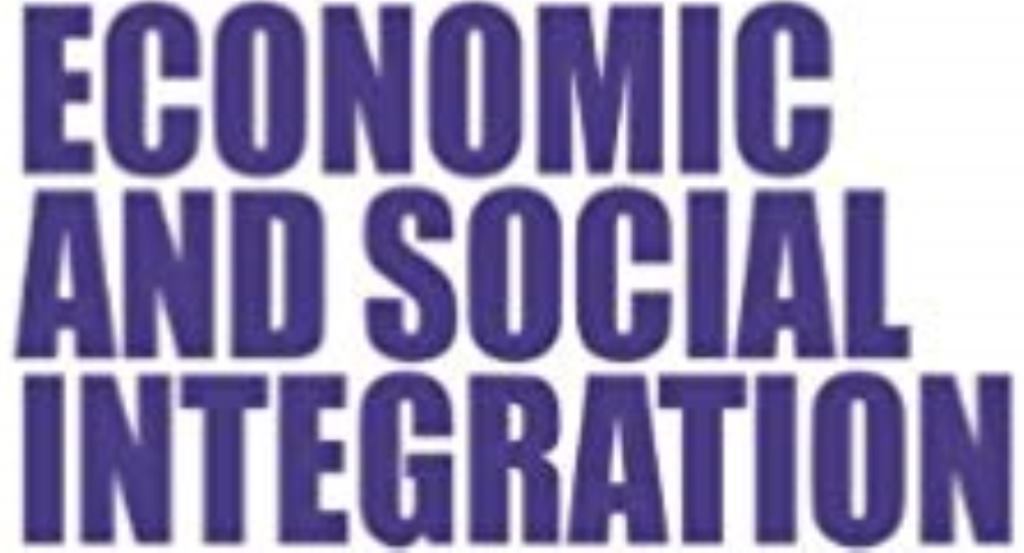
Our Projects are
Transforming African Trade
Quick Contacts
2nd Floor, Fidelity Insurance Centre Waiyaki Way, Westlands

THE East African regional economic and social integration agenda received a major boost on Thursday following the German’s Agency for International Cooperation (GIZ ) 29.8bn/- ($ 13m) commitment to the East African Community (EAC).
The grant aims to support the community through the East African Market Driven and People Centered Integration East African (SEAMPEC) which focuses on trade and value addition.
Speaking here shortly after sealing the agreement, GIZ Country Director, Dr Mike Falke noted that the SEAMPEC programme, through its multiple cross-cutting initiatives, takes a holistic approach to regional integration that encompasses civil society as well as public and private sectors among partner states.
The GIZ boss exuded optimism that through targeted work in agro-processing, pharmaceuticals, tourism and Information and communications technology (ICT) SEAMPEC will facilitate the improvement of framework conditions to help create more competitive industries and cross border opportunities.
“GIZ and the secretariat have been developing and managing key projects working with partners across the EAC region with a focus on making the common market, customs union and integration a reality,” explained Dr Falke.
He further revealed that many businesses and civil society organizations had all benefitted from SEAMPEC through collaborating on the ground and high-level networking and coalition activities.
“We are proud to continue to implement programmes which are showing results and tangible benefits EAC residents,” he added.
Meanwhile, the EAC Secretariat and GIZ inked a 6.8bn/- ($ 3mn) agreement that will be channeled towards supporting pandemic preparedness among the six member states.
The project which started in March 2017 had entered its second phase in September this year.
It will see the EAC and the German Agency for International Cooperation work closely to implement the regional contingency plan under the interdisciplinary and multi-sectoral One Health approach to establish the discipline of risk and crisis communication in the region.
The project will also support the EAC Secretariat in its coordinating and advisory role in the prevention and response to crossborder outbreaks.
The EAC Secretary General, Ambassador Libérat Mfumukeko assured that no partner state will be excluded in the pact.
“Technical details will be worked out by our health representatives in each of the six parent states,” said the EAC boss.
The sealing of the pandemic preparedness project comes a day after the lawmakers at the East African Legislative Assembly (EALA) adopted the Report of the Committee on General Purpose on the oversight activity assessing levels of preparedness of Partner States in management of the epidemics.
During their second meeting of the third session in Arusha, the regional legislatures reiterated the need for the Council of Ministers to develop an EAC Policy on the management of communicable diseases in the region and to strengthen collaborative engagement with key stakeholders.
In effect, the Assembly wants further collaboration with stakeholders such as the World Health Organization (WHO) and the GiZ to enhance oversight in the promotion of the health sector in the region.
Source: Daily News
Disclaimer: The views and opinions expressed in this article are those of the authors and do not necessarily reflect the official policy or position of TradeMark Africa.